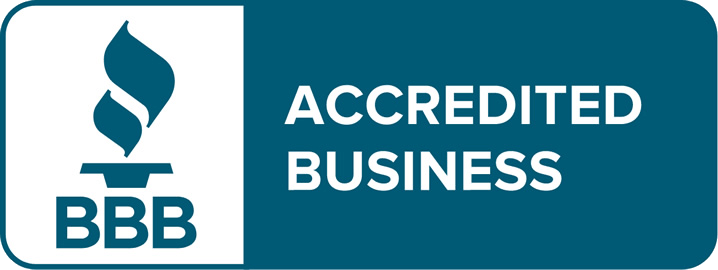A number of tax resolution companies are playing up the advantages of the IRS Currently Uncollectible Status (CNC), also known as Status 53. Now, there is no doubt that achieving Uncollectible Status can be very beneficial as a temporary tax resolution, but it’s best to know all the facts before you try to achieve this status.
The first thing you should be aware of is that CNC does not mean that your tax debt disappears. Worse, any penalties and interest will continue to accrue on the debt. So, while you may be temporarily delaying the debt, it’s getting larger. Therefore, if you find yourself with more money in the future, you could find yourself paying the IRS plenty. Oh, and the IRS will check on you every year or so to assess whether you’re still eligible for CNC, or whether you need to pay off your tax debt.
Another thing you should be aware of is that CNC only pertains to the existing debt. It certainly does not mean that the IRS is going to fail to collect on any new taxes owed. Quite the contrary, you need to stay current and compliant with your tax returns and payments.
Now, while it’s not all good news, Uncollectible Status can be very beneficial to certain taxpayers. Of course, this is no use if you don’t qualify. As you would expect, the IRS is going to require detailed financial information to satisfy itself that you’re unable to pay your taxes and that you’re not better suited for a different resolution program, such as a payment plan (or installment agreement). The IRS will look at your income, assets, and expenses. For the latter, you cannot just claim any expenses you want – the IRS has National Standards for allowable expenses that they’ll take into account. This does not mean that your CNC request will be denied if your expenses are higher than the national standards, but you’ll need to provide a very good reason, including plenty of documentation.
If you believe you should be on the CNC program, you can do so yourself by completing IRS Form 433F, where you provide information on your income and expenses. However, before going down this route, it’s always a good idea to speak to a tax debt professional, to find out whether this is your best option.


